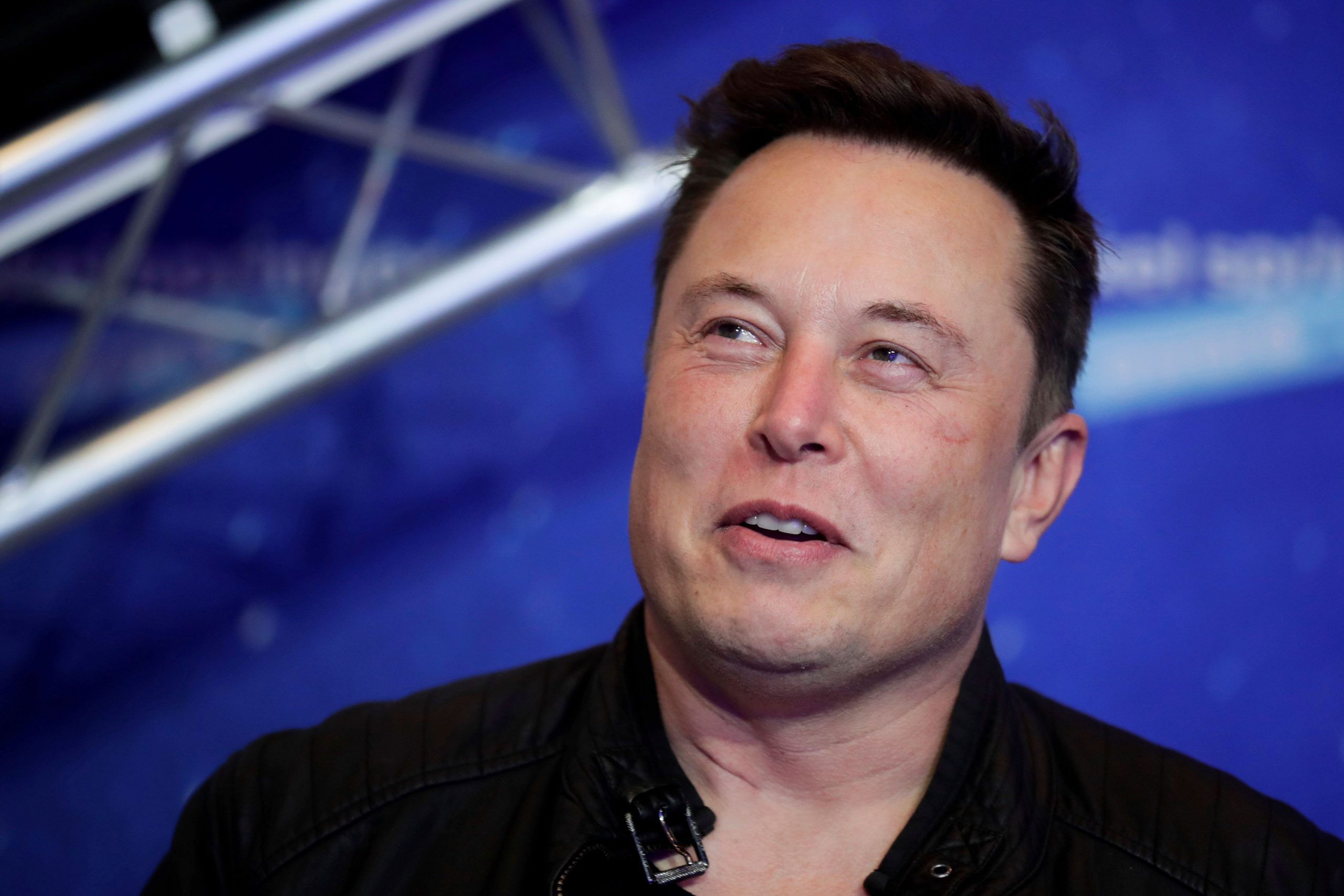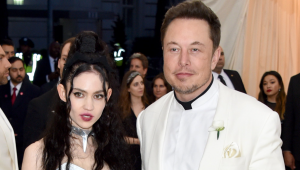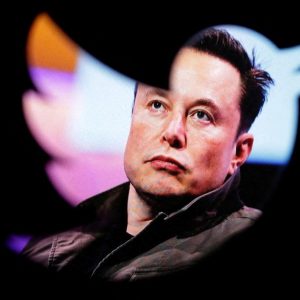Elon Musk, the world’s richest man, on Monday issued a warning, suggesting mass extinction in close. The SpaceX and Tesla founder shared a BBC article on the Chicxulub asteroid and said that a world-ending event will occur soon.
“This will happen again – just a matter of time,” Musk tweeted.
Also read: Elon Musk sends letter to Twitter explaining why he cancelled buyout deal
As per Nobel Prize-winning physicist Luis Walter Alvarez and his geologist son Walter’s theory, the Chicxulub asteroid collided with the Earth about 66 million years ago and its impact wiped out the dinosaurs.
Asteroids are large, rocky bodies that orbit the Sun. They range from a few to hundreds of metres in diameter. The Alvarez hypothesis, initially controversial, is now the most widely accepted theory for the mass extinction at the end of the Mesozoic Era.
Also Read| Gautam Adani now the world’s 3rd richest person, Mukesh Ambani at 11th spot
Musk has previously hinted at his goal of getting humans off earth within the next decade. “Mars may be a fixer-upper of a planet, but it has great potential,” he had said.
SpaceX’s Starship is currently undergoing tests. It is a transportation system that Musk hopes will carry humans to Mars.
Earth is believed to have formed about 4.5 billion years ago. Since then, the planet has witnessed five mass extinctions. About 75% of life has been wiped out over 2.8 million years. Some ecologists argue that humanity is already in its sixth mass extinction event, particularly as man-made climate change threatens billions of species.
Also Read| Delaware Judge calls Musk data request ‘absurdly broad’
The head of the Environment Agency (EA), which operates under Department of Environment, Food and Rural Affairs (DEFRA), said that the the irreversible damage to the Earth’s biodiversity could result in the extinction of mankind.
“We are inching closer to it.”
EA’s report shows that since 1970, 41% of England’s native flora and fauna species have considerably decreased. About 15% is facing a serious risk of extinction.






